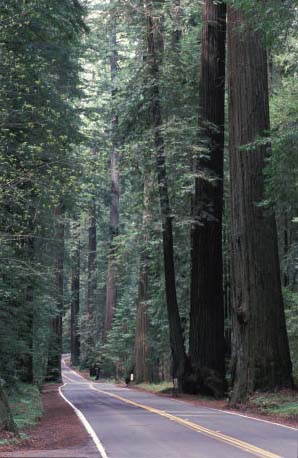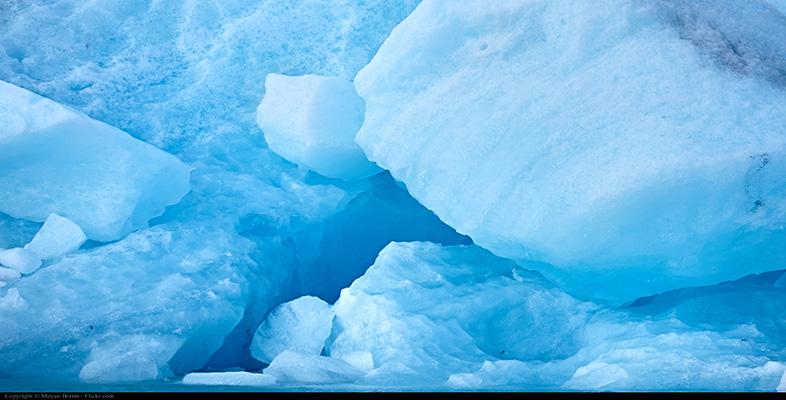3.3.2 Citizenship beyond (species) borders
Political philosophers are struggling to fit together conventional ideas of citizenship and issues of global environmental change. Most have simply ignored these momentous challenges: they have failed to fully comprehend the implications of our new understanding of humans' revised place in the world.
However, our advancing awareness of global environmental changes draws us into a very different sense of shared fate from that of the nation state, or even the global citizen. As Chapter 5 shows, some people argue that our political community should stretch even wider than just humans distant in space and time.
If this challenge is taken up, the consequences are far-reaching. Mark Smith suggests that this implies a new politics of obligation in which ‘human beings have obligations to animals, trees, mountains, oceans and other members of the biotic community’ (Smith, 1998, p. 99). He goes on to suggest that ‘the limits this places upon human action are severe … no existing political vocabulary has managed to capture this transformation in the relationship between science and nature.’
These kinds of arguments have often been dismissed with responses not much more sophisticated than: ‘So you want to give trees the right to vote?’ (Figure 9). More serious critiques win the reply that ecological citizenship is one of the conclusions to be drawn from placing humans in their proper place within the workings of the natural world. The implications of such an ecological citizenship need to be considered because they appear to overturn some of the fundamentals of conventional approaches.

